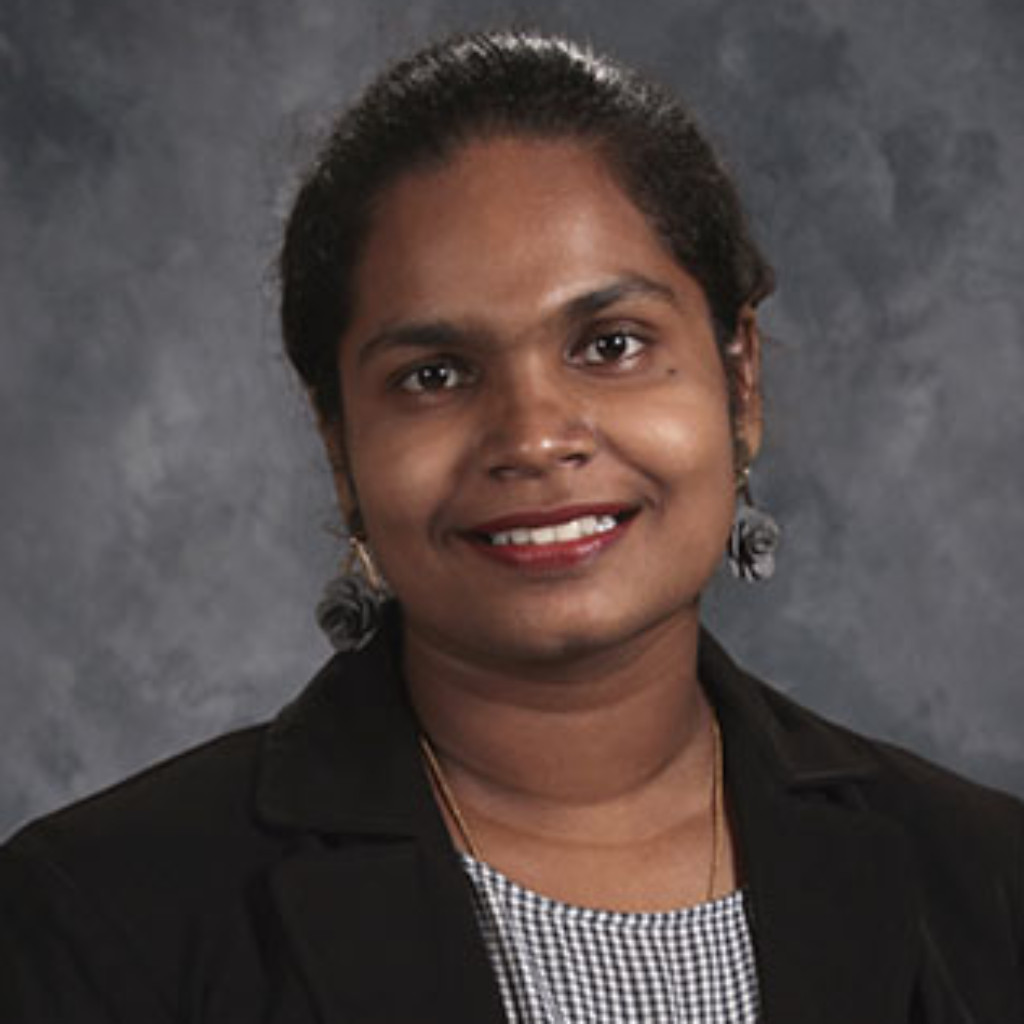As part of its monthly Research Fellow Spotlight, the Institute for Transnational Law sat down with Pamoda Jayasundara on October 7, 2019 to learn about her research interests in human rights and comparative constitutional law. In addition to serving as a 2019-2020 Research Fellow in the Institute for Transnational Law at The University of Texas School of Law, Ms. Jayasundara is also a Fulbright student from Sri Lanka pursuing a LL.M. (Master of Laws) in Human Rights and Comparative Constitutional Law at The University of Texas School of Law. Below is a transcription of the interview.
Please tell us about your research interests.
Being a passionate student of Public Law, I have constantly focused on Legal Theory involved in Human Rights Law, Public International Law, and Constitutional Law throughout my research career. My undergraduate research project was based on Feminist Jurisprudence, and thereafter, I have published a few papers involving theoretical examinations of varying themes including right to equality, eco-racism, capital punishment, colonial policy and the relevance of Legal Theory in the contemporary legal studies. During my research fellowship in the Institute for Transnational Law at The University of Texas School of Law, I wish to research on the domestication of international human rights treaties and conduct a legisprudential analysis of the purposes and parameters of Treaty-Implementing Statutes.
What has your journey been to this point?
I am a proud product of the Maliyadeva Girls’ College and the University of Peradeniya, Sri Lanka. Having ranked 7th in Sri Lanka from the Advanced Level Examination, I chose Department of Law at University of Peradeniya for my undergraduate studies and was honored with its first-ever First Class and a Gold Medal for excellence in Constitutional Law. (Let me make this an opportunity to salute my beloved alma mater; the Department of Law at University of Peradeniya, on her 10th anniversary!) I have been working there as a Lecturer for two years prior to starting the postgraduate studies at The University of Texas School of Law. I have also worked closely in different capacities with a number of governmental and non-governmental organizations in Sri Lanka, including the Human Rights Commission and the Legal Aid Commission, in specific areas such as gender equality, ethnic harmony, and access to justice. I was awarded the Fulbright Master’s Scholar in 2018 and thereby made my way gratefully from Sri Lanka to the United States of America.
Can you speak of any challenges that you have had to overcome?
Well, the primary challenge that I always have to deal with is to find purposeful ways of relating complex concepts of Legal Philosophy into my research projects and to express those in simple and meaningful terms that are equally convincing for those with high as well as average levels of legal literacy. That has never been an easy exercise and the experience gained from teaching law and working in various institutions has immensely benefited me in this endeavor.
What advice would you give to your younger self?
I may be still too young to give advice to my younger self, but if I have to, it will be to focus more on work-life balance. I sometimes get overwhelmed with work that it becomes unmanageable to my family and loved ones. While being grateful for their tolerance and support, I would love to tell my younger self to spare more time for rest and leisure. I also have a long-forgotten hobby which I wish I had more time to spend on: drawing.
What lessons did you learn from your own research, which have shaped your way of thinking?
Engaging in research has taught me many lessons that I hope will benefit for the rest of my life and career. Being a researcher requires a great deal of patience and tolerance, not only in reading and writing, but also in presenting the findings. Another life enhancing benefit of research is the broadening of perspective, which is equally important in professional and personal spheres. Moreover, my research thus far has also taught me that the significance and relevance of any theory or concept, however logically sound it may be, lies to a great extent on its potential and utility to create a better tomorrow.
This interview was conducted by Dr. Mauricio Pajón, Director of Programs and Development, Institute for Transnational Law.


